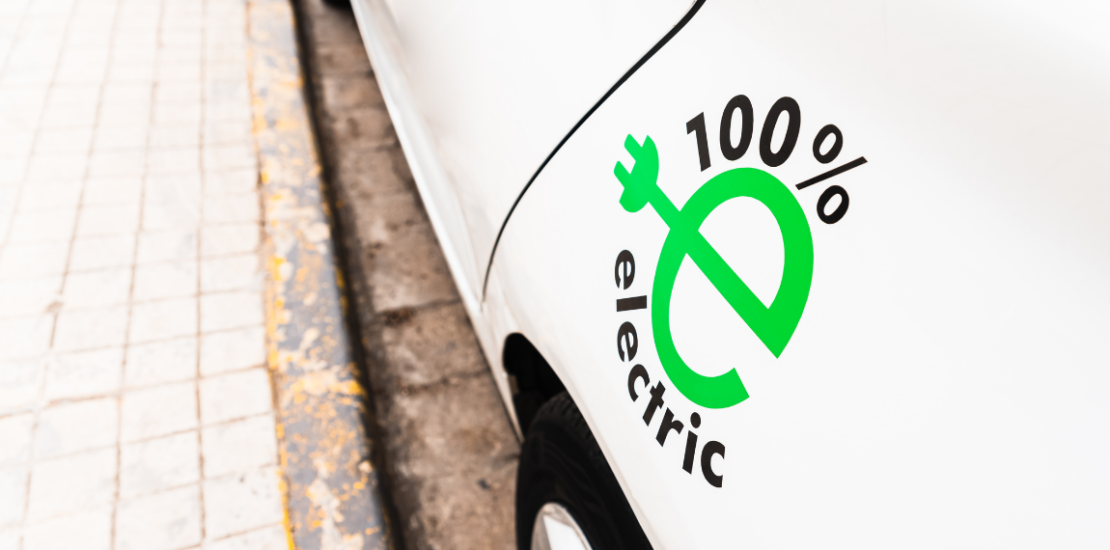26 April, 2022
Posted by: Jorge Platero
Category: Faconauto News

An analysis by McKinsey shows how this process of change could create new business opportunities around the world.
The mobility sector is a motor of the global economy. Every year it generates trillions of dollars and wealth in different parts of the world. Now, transport faces the challenge of reducing its greenhouse gas emissions. A challenge that comes with the appearance of various technologies that facilitate it, such as biofuels, electric batteries… McKinsey has analyzed the economic implications of this transition and the different challenges and opportunities that are established in the automotive sector.
The consultant points out that what is a fact is that there are going to be important changes in the sector. Before them, the industry must transform itself to adapt to the new reality. The McKinsey report points to the following opportunities for companies across the automotive value chain.
The adoption of electrification will open the door to the manufacture of batteries and fuel cells for electric vehicles. As well as the production of the necessary materials to manufacture these essential components.
Opportunities will also come from the recharging infrastructure part. The different actors in the value chain must position themselves in this regard, facilitating the loading of future new vehicles. And there is not only talk of physical points but also of digital solutions that integrate the new infrastructure and help the customer.
The arrival of micromobility will also generate options for the players in the sector.
Seize every challenge and control costs
For McKinsey, it will be essential for the sector to take advantage of the opportunities, quickly, as they appear and manage costs efficiently. They point out that in this new scenario the risks are related to the lack of productivity and responses that are not coordinated.
Taking advantage of these opportunities and managing the costs and risks associated with the transition will likely require coordinated responses from stakeholders. From the research, they believe that the automotive players are already adapting to this transition by investing in innovation, looking for new partners, demanding coordinated responses from the public sector… Nor do they forget the training of current professionals, a risk that will become an opportunity if you work on retraining and knowledge.
The breaking of the price barrier
On the other hand, McKinsey indicates that in the Net Zero 2050 scenario, the price barrier will be broken. They estimate that after 2025 in Europe and after 2030 in the United States, the total cost of ownership of passenger electric vehicles will be lower than that of combustion vehicles. Another factor that presents itself as an opportunity for dealers since the sale of this type of vehicle will be democratized.
share…
